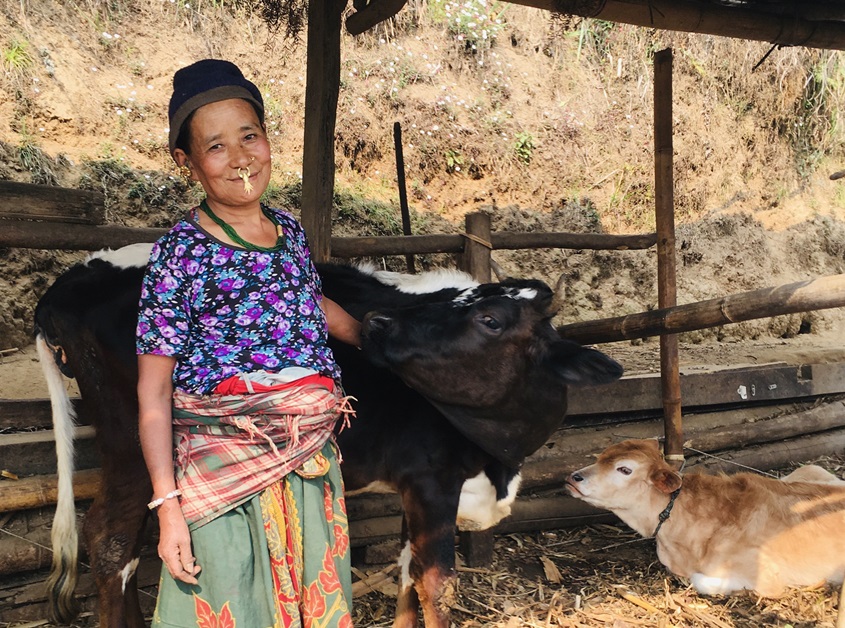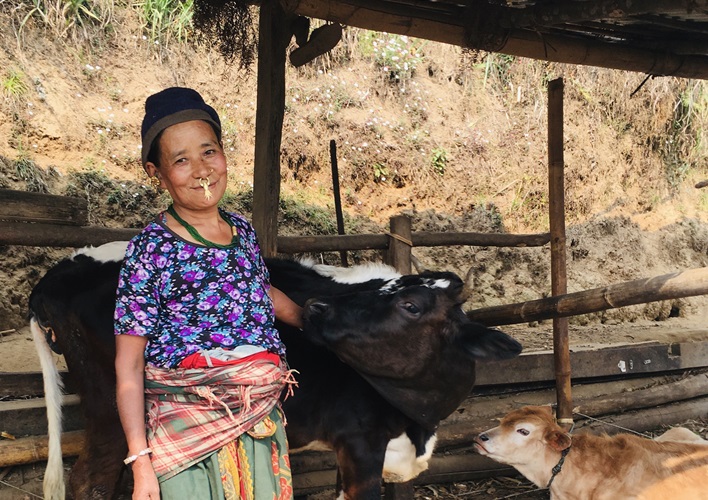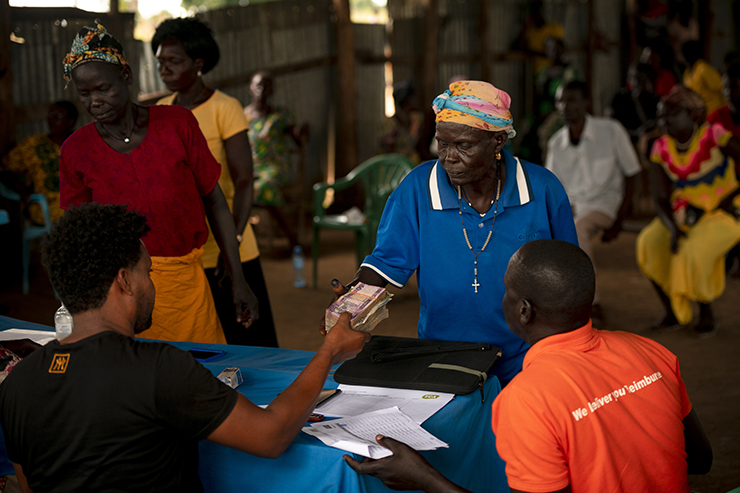COUNTRY: Nepal
PARTNER: Nazarene Compassionate Ministries (NCM) Nepal / Nazarene Compassionate Ministries (NCM)
Two years into a food security and livelihoods project in Nepal’s Panchthar District, Nazarene Compassionate Ministries (NCM) Nepal is grateful to see their project is having “a profoundly positive impact” on local farmers.
About 50 per cent of farmers in the region struggle to produce enough food year-round, due to various factors including land constraints, unpredictable climate impacts, and inadequate irrigation and water resources.
The initiative is focused on fostering sustainable agricultural practices in the region by providing agricultural training sessions, educating participants on seed preservation techniques, and placing a special emphasis on kitchen gardening and green house cultivation.
“Now, there is a remarkable change in kitchen gardening practices, as participants are cultivating a wide variety of crops, especially seasonal ones,” says project accountant Sandeep Mukhiya.
“Previously, participants grew crops like garlic, lettuce, radish, pumpkin, and local onions. However, with the added guidance, they have diversified their crops, now cultivating a range of vegetables such as carrots, eggplant, cabbage, broccoli, spinach, coriander, and peas, among others.”
NCM Nepal has taken a thoughtful approach to addressing irrigation challenges by providing a sprayer to each self-help group, and watering cans to participants with limited water sources.
Mukhiya says they have also been encouraged by the initiative of the farmers, who took it upon themselves to purchase sprinklers from the local market and implement a mutually beneficial sharing system for the equipment, ensuring the limited water source can benefit a greater number of farmers.

Sita Rai, a 56-year old woman participating in the program, is excited to show her cow rearing efforts. (Photo: NCM Nepal)
Participants using the equipment are responsible for its upkeep during usage, and when not in use, the equipment is entrusted to the group’s treasurer who takes responsibility for its safekeeping.
Sakriya group chairperson Youbraj Gurung and his wife say there have been no disputes among group members since the system started.
“A participant comes and says, ‘I need the watering can for two days.’ They use it and bring it back,” says Mrs. Gurung. “Then, another person can come, use it, and return it. It’s all based on mutual understanding and cooperation within the group.”
The program will run in Panchthar through to March 2024, spanning a total of three years.
This story was originally published in the 2023 Fall edition of Breaking Bread. Download or order your copy here.




